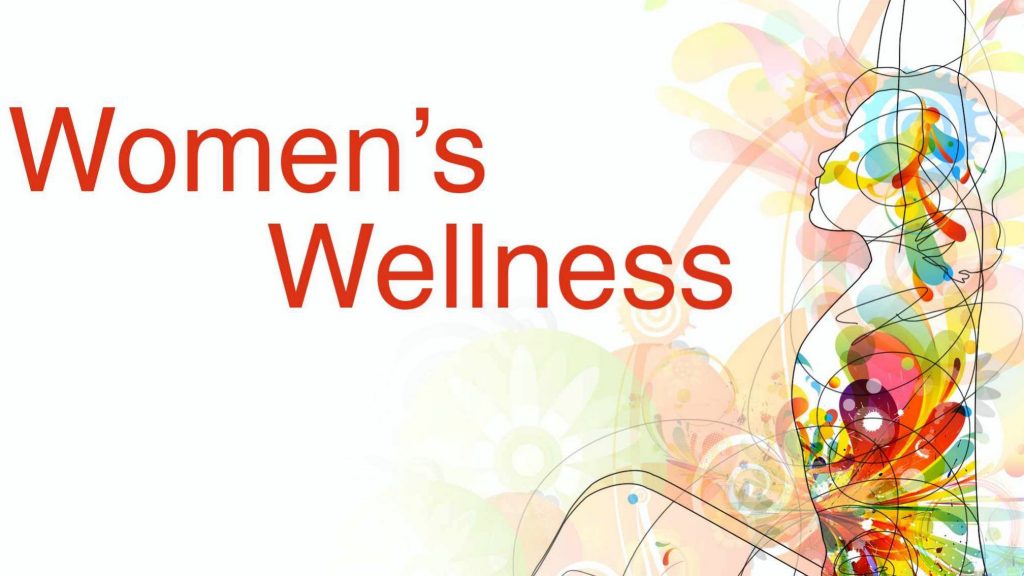-
Women’s Wellness: Pregnancy and thyroid disorders

It is estimated that more than 20 million Americans take some form of thyroid hormone replacement for thyroid disease.
The thyroid – a butterfly-shaped gland at the base of the throat – controls the metabolism of many of the body’s systems. An underactive thyroid can cause a number of health problems if left untreated, including unexplained fatigue, weight gain, difficulty with memory, constipation and depression. An overactive thyroid can cause weight loss, rapid heartbeat, excessive sweating and tremors.
Women are at greater risk of developing thyroid disorders. Dr. Robert Smallridge, a Mayo Clinic endocrinologist, says about 80% of all thyroid conditions occur in women. “We do not understand fully why that might be, but it’s well established,” he says. “We also know women suffer from hypothyroidism in particular more often than men.”
Watch: Dr. Smallridge tralks about pregnancy and thyroid issues.
Journalists: Broadcast-quality sound bites with Dr. Smallridge are in the downloads at the end of the post. Please "Courtesy: Mayo Clinic News Network."
Hypothyroidism is a condition in which the thyroid gland doesn't produce enough thyroid hormone.
Although the condition tends to be more common in someone in their 50s, 60s and 70s than early in life, Dr. Smallridge says that, for a small subset of adult women, pregnancy also can cause low levels of thyroid hormone, known as thyroxine or T4.
“About 10% of women are at risk of developing hypothyroidism due to pregnancy. These women have an asymptomatic thyroid condition known as thyroiditis, where an antibody causes a slow destruction of the thyroid gland,” explains Dr. Smallridge.
“Gestational hypothyroidism has been well studied, so young women who have a personal or family history of thyroid disorders would benefit from proactive monitoring during their reproductive life. They should have their TSH (thyroid stimulating hormone) level checked before they conceive and monitored throughout pregnancy,” he says.
Low levels of thyroid hormone can affect many of the body’s systems. “The cholesterol level goes up. The cholesterol can then have an adverse effect on the heart and peripheral vascular system, and it can lead to an increased risk of heart disease and stroke,” says Dr. Smallridge.
Additionally, one Mayo Clinic study found women with untreated hypothyroidism during pregnancy were at higher risk for pregnancy loss, placental abruption, premature rupture of membranes, and neonatal death.
Women are also at risk after delivery as well.
“For some women, up to one year after they deliver, they could develop postpartum thyroid dysfunction — which can create a hyperthyroid state or a hypothyroid state, or one followed by the other,” says Dr. Smallridge.
He recommends women with a history of thyroiditis have their thyroid levels tested at least six to nine months postpartum.
“When we first started studying this condition in the early 1980s, we were finding that a number of women who became very tired, fatigued and had a lack of energy three to four months after having a baby were told their symptoms were due to having a new baby and sent home,” he says. “Now we know that postpartum thyroid issues are significant in terms of quality of life, and women should be aware of it and talk to their doctor about symptoms.”








